Welding plays a crucial role in industries ranging from construction and shipbuilding to oil and gas, aerospace, and manufacturing. To ensure safety, quality, and consistency, welds must meet specific requirements set by governing organizations. These requirements come in the form of welding codes and standards. For engineers, inspectors, and welders, understanding these codes is essential for compliance and structural integrity.
What Are Welding Codes and Why Do They Matter?
Welding codes are published rules that outline how welding should be performed, inspected, and qualified for a specific application or industry. They establish guidelines for materials, processes, welder performance, and inspection criteria.
Why they matter:
- Safety: Ensures structures like bridges, pipelines, and pressure vessels can withstand operating conditions.
- Consistency: Provides uniform quality standards across industries and projects.
- Compliance: Helps companies meet legal and regulatory requirements.
- Efficiency: Reduces rework and costly failures by ensuring welds are done right the first time.
Without codes, welding practices would vary widely, increasing the risk of accidents, product failures, and liability issues.
Top Welding Standards Bodies: AWS, ASME, ISO, and More
Several international organizations create and maintain welding standards. The most widely recognized include:
- AWS (American Welding Society): Publishes codes for structural steel, sheet metal, aluminum, pipelines, and more. The AWS D1.1 Structural Welding Code is one of the most referenced worldwide.
- ASME (American Society of Mechanical Engineers): Focuses on boilers, pressure vessels, and piping systems. ASME Section IX governs welding qualifications and procedures in critical industries.
- ISO (International Organization for Standardization): Sets global welding standards such as ISO 3834 (quality requirements for fusion welding) and ISO 9606 (welder qualification testing).
- API (American Petroleum Institute): Publishes welding standards specific to oil, gas, and pipeline applications.
- CSA (Canadian Standards Association): Oversees welding standards for structural steel and pipelines in Canada.
- DIN/EN Standards (Europe): European standards, such as EN ISO 5817, set acceptance criteria for weld imperfections.
Each body addresses specific industries and applications, but they all share the same goal: ensuring safe, reliable, and high-quality welds.
Key Welding Codes Every Engineer and Welder Should Know
- AWS D1.1 – Structural Welding Code: Steel
- Covers design, fabrication, and inspection of steel structures.
- Widely used in construction and infrastructure projects.
- Covers design, fabrication, and inspection of steel structures.
- ASME Section IX – Welding and Brazing Qualifications
- Governs qualification of welders and welding procedures.
- Critical for boilers, pressure vessels, and piping systems.
- Governs qualification of welders and welding procedures.
- API 1104 – Welding of Pipelines and Related Facilities
- Sets standards for pipeline welding in the oil and gas industry.
- Sets standards for pipeline welding in the oil and gas industry.
- ISO 3834 – Quality Requirements for Fusion Welding
- Establishes international quality benchmarks for welding operations.
- Establishes international quality benchmarks for welding operations.
- ISO 9606 – Welder Qualification Testing
- Defines how welders are tested and certified globally.
- Defines how welders are tested and certified globally.
These codes are not interchangeable—each applies to specific industries and must be carefully followed to meet legal, safety, and quality requirements.
Conclusion
Welding codes and standards are the backbone of safe, reliable, and consistent welding practices across industries. From AWS D1.1 for structural steel to ASME Section IX for pressure vessels, these guidelines protect both workers and the public by ensuring welds perform as intended.
For engineers and welders, staying informed about the latest standards isn’t just about compliance—it’s about professionalism and commitment to quality. In a world where safety and reliability are paramount, welding codes and standards ensure that every weld is built to last.

